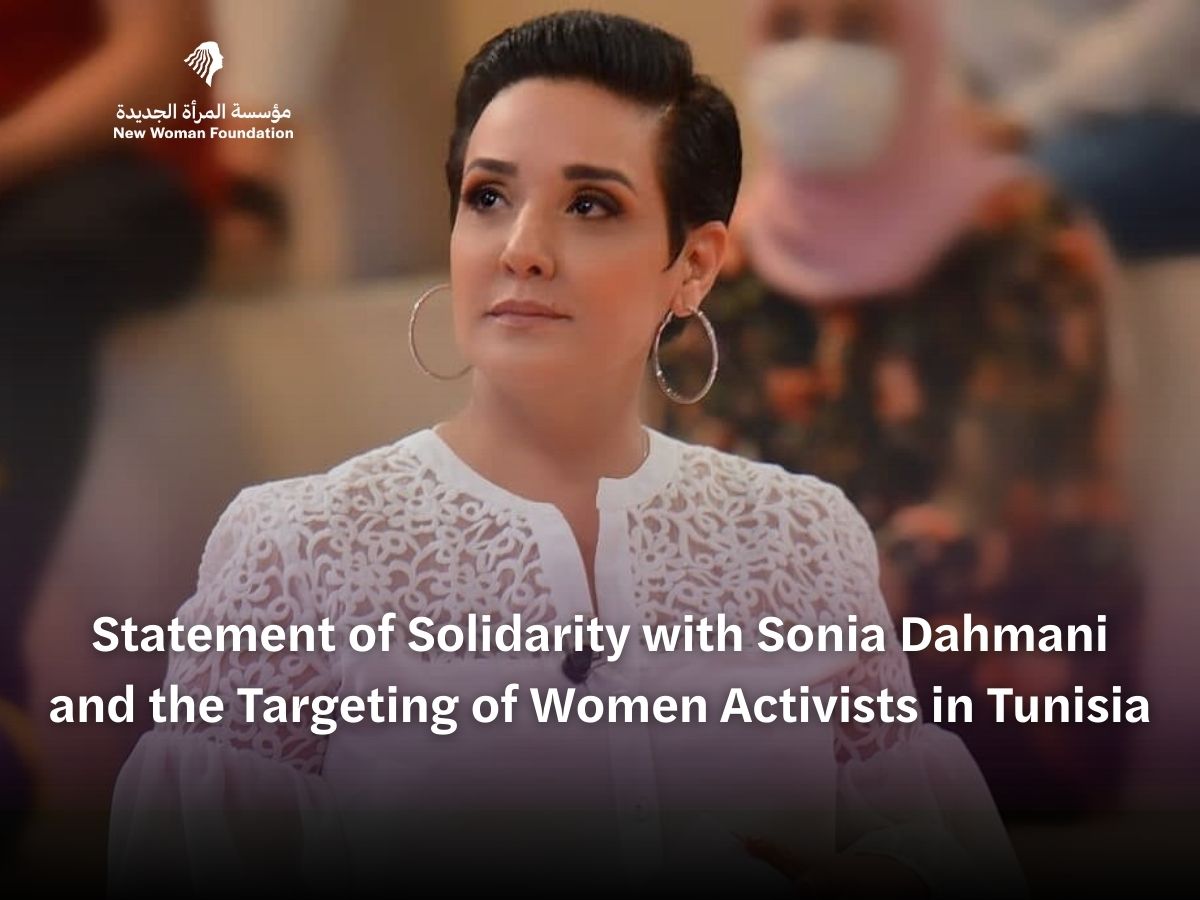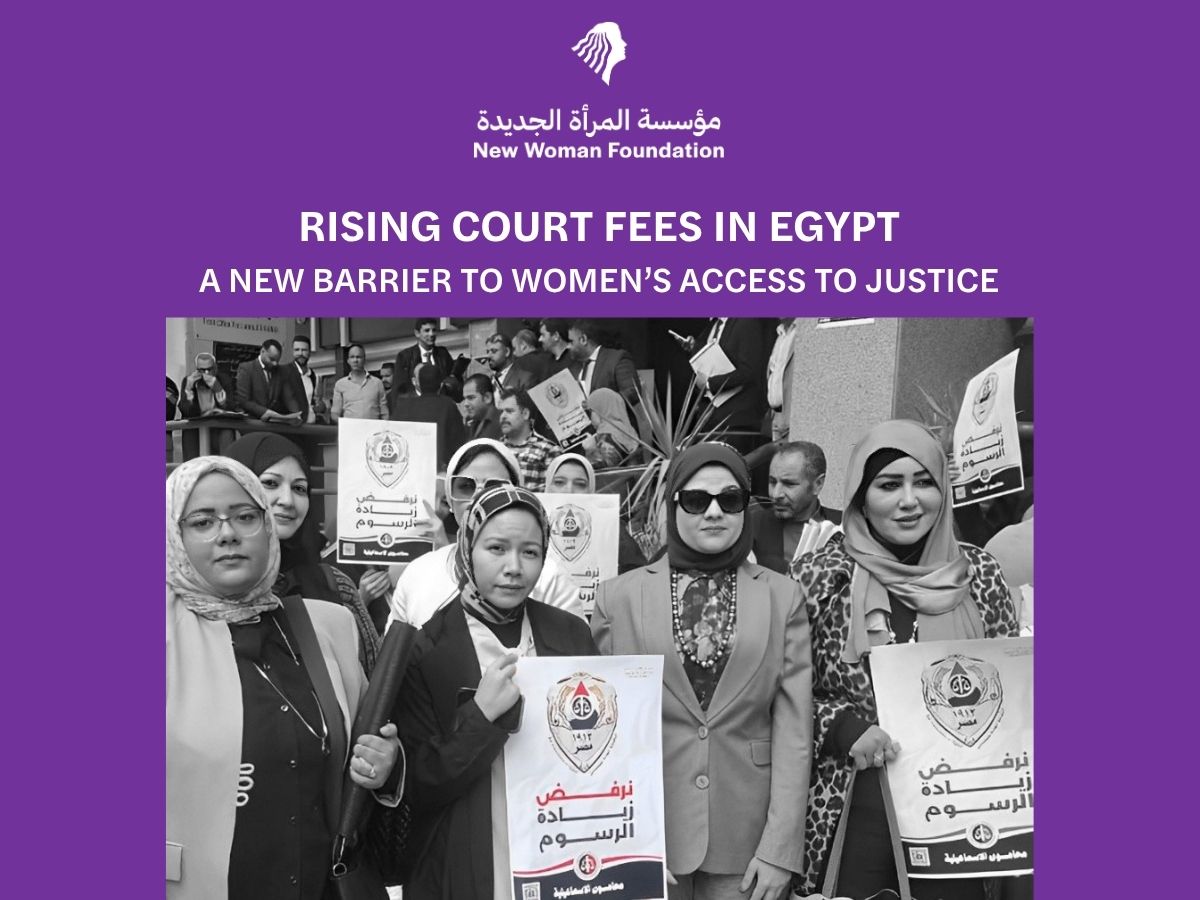- Contact Us
- 0020233382706
- nwrc@nwrcegypt.org
Canadian-Iranian professor arrested in Tehran by Revolutionary Guards
The Guardian
Iranian authorities have arrested a Canadian-Iranian professor of social anthropology, the latest in a string of cases involving dual nationals which has prompted concern over the country’s political atmosphere.
Homa Hoodfar was arrested earlier this week after nearly three months of repeated questioning by the Iranian intelligence service, her sister told the Guardian on Wednesday.
Hoodfar is the latest in the ever-expanding list of dual nationals targeted in recent months. Several Iranian dual nationals from the US, the UK, Canada and France are currently behind bars or facing regular questioning, often accused of espionage or collaborating with a hostile government.
The 65-year-old scholar travelled to her home country in February, principally for personal reasons, but she also continued her academic research while in the country, her family said. Her trip coincided with parliamentary elections during which a record number of women were elected as MPs, mostly allied with the moderate administration of Hassan Rouhani.
In March, members of Iran’s powerful Revolutionary Guards raided Hoodfar’s flat a day before she was due to fly to London, where she planned to join her family for the Persian new year and the 70th birthday of her brother. The authorities confiscated her belongings and her three passports, and summoned Hoodfar for regular questioning.
Hoodfar’s family had chosen not to go public until now because they believed the interrogations were the result of a misunderstanding and would soon end, according to her sister, Katayoon Hoodfar. “[Homa] was summoned to Evin prison on Monday where she was told she would face yet another session of questioning but instead she was detained,” she said.
“We are extremely worried for her health,” Hoodfar’s sister said. “She suffers from a rare neurological illness; she often has very bad headaches.” Hoodfar does not have any immediate family in Iran and the Canadian embassy remains closed. Hoodfar’s lawyer and cousin have been denied a family visit, Katayoon Hoodfar said, and were told that she is banned from having any visitors.
Iran does not recognise dual nationality, and treats detainees only as Iranian, depriving them of consular access.
Hoodfar has repeatedly travelled to Iran in the past but the illness of her husband, who died last year, prevented her from travelling there more recently. Hoodfar’s family believe that she has been arrested by the Revolutionary Guards, which act independently of Rouhani’s government and has sought to undermine his administration on various occasions.
Canada, under the previous Conservative government, abruptly closed its embassy in Tehran and expelled Iranian diplomats from Canada in September 2012. Relations between Canada and Iran had been strained for years, much of the tension stemming from the torture and death of Iranian-Canadian photographer Zahra Kazemi in 2003.
The country’s prime minister, Justin Trudeau, has said his government intends to reopen the embassy in Tehran, but analysts say it could years before the two countries accredit ambassadors.
In February, the Canadian government lifted virtually all sanctions against Iran. In announcing the change, Stéphane Dion, Canada’s foreign affairs minister said, “Canada will lift its sanctions but will maintain a level of mistrust for a regime that must not have nuclear weapons, a regime that is a danger to human rights and is not a friend to our allies, including Israel,” Dion said. “We will do this with our eyes wide open.”
Global Affairs Canada, the country’s diplomatic apparatus, said it was aware of Hoodfar’s arrest. “Consular officials and Minister Dion have met with Dr Hoodfar’s family, and remain in close contact with them,” a spokesperson said. “We are working closely with our likeminded allies in order to best assist Dr Hoodfar.” The department said it could not comment further due to privacy considerations.
Hadi Ghaemi from the New York-based international campaign for human rights in Iran (ICHRI) said Hoodfar’s arrest was “another sign of intolerance and suspicion towards dual nationals who travel to Iran and just want to contribute to their homeland by academic work”.
“These arrests are politically motivated to undermine the opening of the country which is Rouhani’s stated policy,” he told the Guardian. “Ms Hoodfar is a very respected academic who has hugely contributed to the Iranian civil society by her research and trainings.”
“[The arrest] reflects a security and intelligence apparatus out of control in Iran. They are snatching and detaining people without cause and with total impunity, creating a virtual quarantine of Iranian society so that they may more firmly hold it in their grip.”
Other dual nationals arrested in recent months include the British-IranianNazanin Zaghari-Ratcliffe, who works for the Thomson Reuters Foundation as a project manager, and British-Iranian businessman Kamal Foroughi.
American-Iranian businessman Siamak Namazi, was also jailed with no explanation in October after visiting his family. His 80-year-old father, Baquer Namazi, a former Unicef official, has also been arrested and denied access to lawyers. A French-Iranian, Nazak Afshar, who is former employee of the French embassy in Tehran, was sentenced to six years in April.




